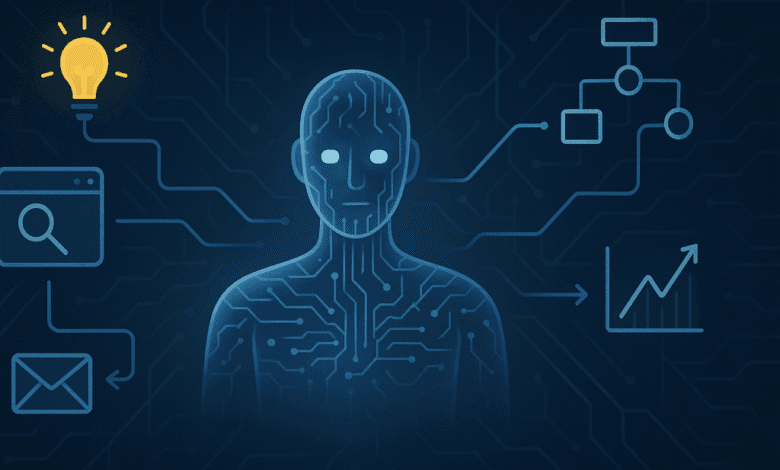Google’s AlphaEvolve AI Saves 0.7% Compute – Learn How

▼ Summary
– Google’s AlphaEvolve, developed by DeepMind, autonomously rewrites critical code and has already delivered cost savings, including reclaiming 0.7% of compute capacity in Google’s data centers.
– AlphaEvolve’s architecture features a controller, fast-draft models, deep-thinking models, automated evaluators, and versioned memory, enabling safe and scalable deployment of autonomous agents.
– The system uses a rigorous evaluation framework, combining automated unit tests and multi-objective optimization to ensure code changes are both safe and effective.
– AlphaEvolve targets domains with measurable metrics, such as data center efficiency and kernel optimization, ensuring clear ROI and de-risking deployment.
– Enterprises must assess prerequisites like automated evaluators, compute capacity, and codebase readiness before adopting agentic AI systems like AlphaEvolve.
Google’s AlphaEvolve AI is making waves by autonomously optimizing critical code, delivering measurable efficiency gains across the company’s infrastructure. The system, developed by DeepMind, has already demonstrated its value by recovering 0.7% of compute capacity in Google’s global data centers—a seemingly small percentage that translates to hundreds of millions in annual savings. Beyond the financial impact, AlphaEvolve represents a blueprint for how enterprises can deploy autonomous AI agents to tackle high-value workloads safely and at scale.
At its core, AlphaEvolve operates as an agent-driven evolutionary system, refining algorithms through iterative improvements. It combines fast-drafting models for broad exploration with deeper-thinking models for precision, all guided by automated evaluators that ensure each change meets strict performance criteria. This structured approach allows the AI to modify entire codebases—not just isolated functions—while maintaining reliability through rigorous testing.
Key takeaways for businesses looking to adopt similar AI-driven optimization:
1. Agent infrastructure matters as much as model intelligence. AlphaEvolve’s success hinges on its orchestration layer—controller models, evaluators, and versioned memory—that keeps the system stable and scalable. Enterprises must invest in robust pipelines that support continuous, unsupervised refinement.
2. Automated evaluation is non-negotiable. Every proposed code change undergoes machine-graded testing, from basic unit checks to full benchmark validation. Without objective metrics, autonomous agents risk producing unreliable or inefficient outputs.
3. Leverage a tiered model strategy. AlphaEvolve uses Gemini Flash for rapid ideation and Gemini Pro for deeper analysis, balancing speed and accuracy. Organizations should adopt a similar approach, deploying lightweight models for exploration and reserving high-capacity models for final refinements.
4. Target measurable ROI. The system’s biggest wins—like cutting Gemini training kernel runtime by 23%—came from optimizing well-defined metrics. Enterprises should prioritize workflows where improvements can be quantified in latency, cost, or throughput.
5. Prepare for compute demands. While AlphaEvolve delivers savings, its development phase consumes significant resources—hundreds of compute hours per solution. Scaling agentic AI requires parallelization and careful capacity planning.
The implications extend beyond Google. As AI agents move from research demos to real-world production, enterprises must build the supporting infrastructure—versioned memory, secure sandboxing, and deterministic evaluators—to ensure safe, effective deployment. Early adopters are already seeing results in manufacturing, logistics, and customer service, proving that agentic AI isn’t a future concept—it’s here today.
For companies ready to explore, the path forward is clear: start with a contained, metric-driven pilot, validate the approach, and expand cautiously. The competitive edge will belong to those who can harness autonomous AI without sacrificing reliability or control.
(Source: VentureBeat AI News)





